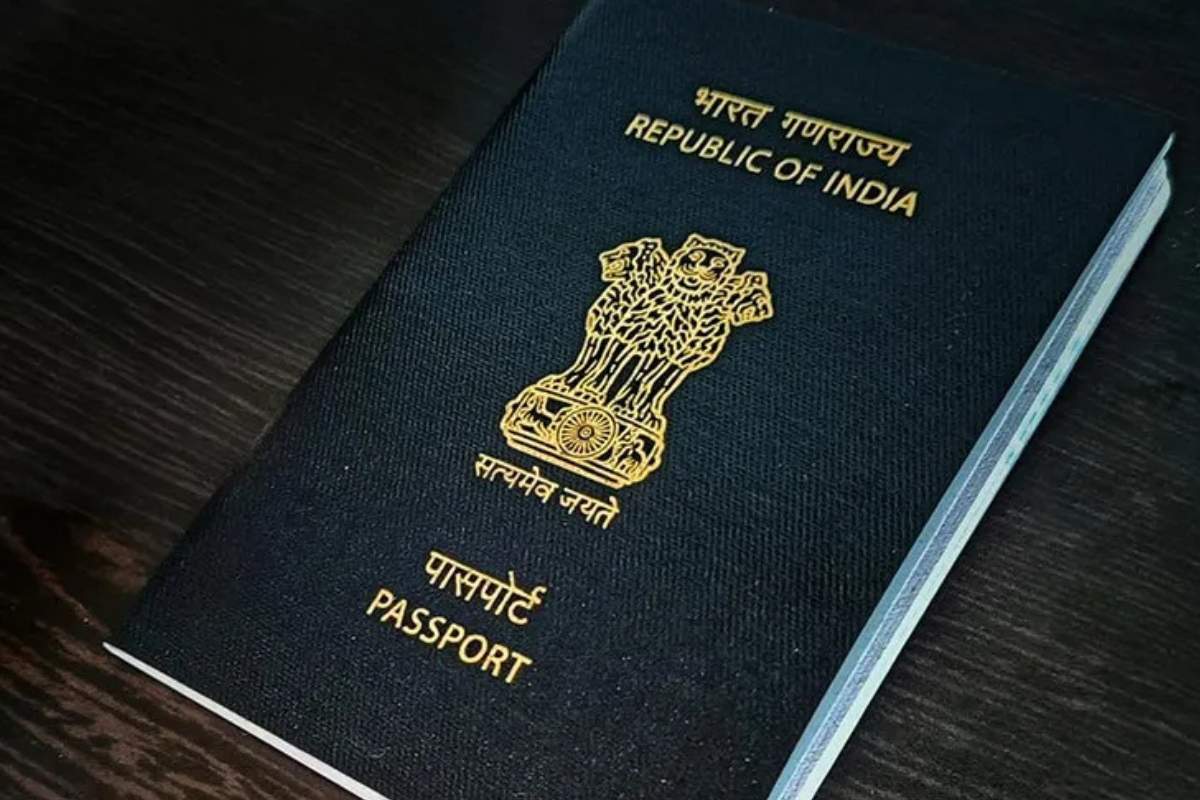In a major clarification, the Indian government has directed state police forces that documents like Aadhaar, PAN card, and ration card are not to be treated as evidence of Indian citizenship. These identity documents, although valid for proof of identity and residence, do not prove nationality.
The government has started printing disclaimers on new Aadhaar cards indicating in no uncertain terms that the card is a proof of identity, not a date of birth or citizenship. This is in keeping with the Aadhaar Act, which clearly states that an Aadhaar number neither confers citizenship nor domicile rights. Indian courts, including the Supreme Court and different High Courts, have endorsed this interpretation in several judgments.
Background: Citizenship Debate and Legal Framework
This directive comes in the face of increasing confusion over what constitutes valid proof of Indian citizenship. The question became particularly controversial during and after conducting the National Register of Citizens (NRC) in Assam, which rejected close to 1.9 million applicants. The 2019 passage of the Citizenship Amendment Act (CAA) also stoked the public’s anxiety regarding how citizenship is established and what forms of proof are acceptable.
In Assam, new Aadhaar enrolment procedures now ask individuals to provide their NRC application reference number for further authentication. Opponents say this has introduced hindrances for those who never requested the NRC, leaving them outside the possibility of getting welfare schemes that use Aadhaar for authentication.
Against this background, the Ministry of Home Affairs (MHA) released the most recent clarification to make sure that state police personnel do not unwittingly use Aadhaar, PAN, or ration cards as irrefutable proof of citizenship.
What the Law Says
Indian citizenship is controlled by the Constitution and the Citizenship Act, 1955. Indian citizenship can be obtained through birth, descent, registration, or naturalization. Indian passports, birth certificates, and certificates of citizenship issued under the Citizenship Act are recognized as valid documents that can be used as proof of citizenship.
Aadhaar, PAN, and ration cards are identification documents issued for certain administrative purposes, like welfare disbursement or tax enrollment. These are not supported by any provision in law to determine an individual’s nationality. The Aadhaar Act clearly says that the possession of an Aadhaar number is not equivalent to citizenship.
Implications for Police and Citizens
The directive calls for a modification of this policy by police departments. In using identity cards like Aadhaar and PAN in processes to determine identity or location, they shall be accepted, as they should never be used as evidence of citizenship during any kind of legal process or investigation.
For the general public, this clarification alleviates confusion. People had believed that having Aadhaar or a PAN card would qualify as proof of nationality. Yet, it doesn’t. Individuals might have to provide further supporting documents like passports or formal birth certificates in the event their nationality is ever put into legal dispute.
At the same time, authorities have warned not to consider the lack of these identity documents as evidence that an individual is a foreigner. The balanced approach seeks to prevent unnecessary harassment of individuals at document checks or during investigations.
Civil Society Response
Legal professionals and civil rights organisations have appreciated the move by the government but appealed for wider public awareness and proper guidelines. Indians, particularly from rural India, do not hold passports or voters’ ID but rely on Aadhaar or ration cards to seek basic services. In case the availability of such facilities is made a condition of their citizenship status, they may deprive vulnerable individuals.
Rights groups say that identity authentication must not be confused with the determination of nationality. They welcome the government’s move but stress the importance of having safeguards against abuse or unjust denial of access to public services.
Wider Administrative Changes
This clarification is included in an extensive initiative to make laws related to identity and citizenship simpler and more correctly implemented. Unique Wider Administrative Changes
Authority of India (UIDAI) has already begun printing declarations on Aadhaar cards and e-Aadhaar PDFs to emphasize the point that the card is not used as evidence for citizenship or age.
Other government ministries are also updating their verification policies. For example, the Employees’ Provident Fund Organization recently discontinued the acceptance of Aadhaar as evidence of date of birth, based on similar logic.
Conclusion
The government’s new directive is a strong reminder to all law enforcement and administrative bodies that Indian citizenship is regulated by certain laws and must be proven using valid legal documents. Aadhaar, PAN, and ration cards are used for identification and access to services, but they are not markers for determining a citizen of India. By highlighting this difference, the government hopes to maintain the legal integrity of proving citizenship and insulate citizens from misreading or abuse of identification documents.



























so, Indian passports, birth certificates, and certificates of citizenship issued under the Citizenship Act are recognized as valid documents
informative
ya